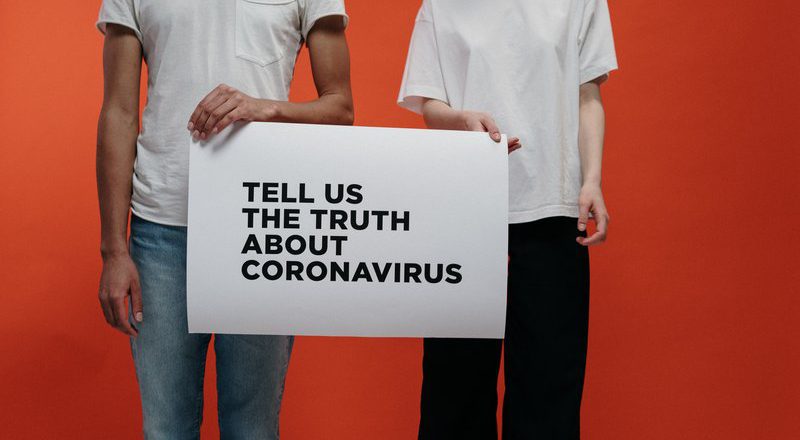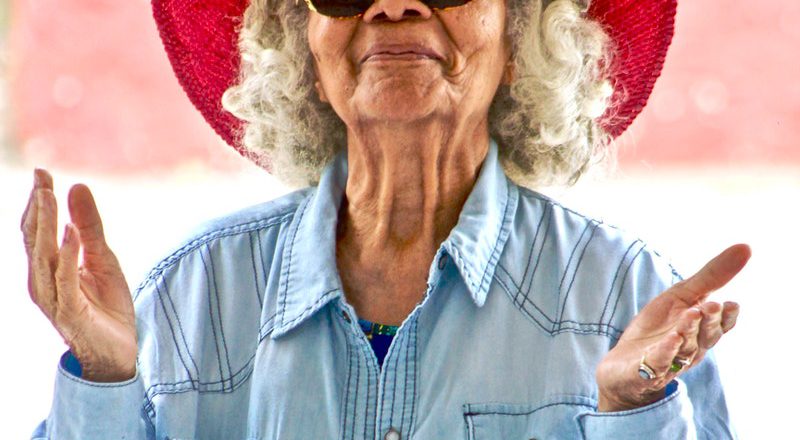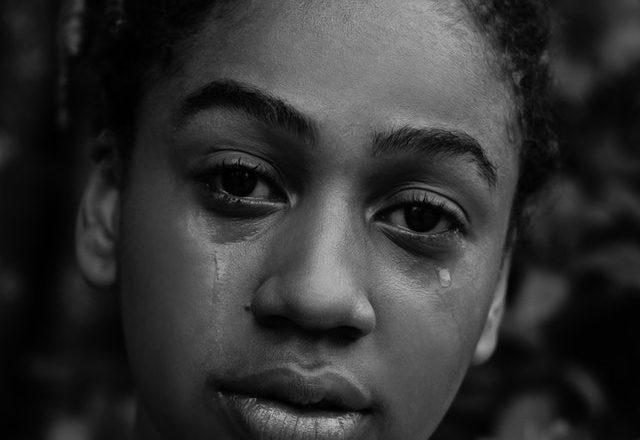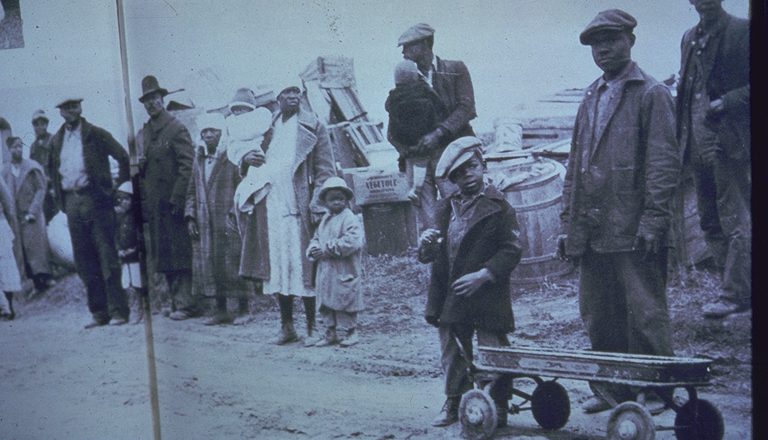A man was reinfected with coronavirus after recovery – what does this mean for immunity?
A 33-year old man was found to have a second SARS-CoV-2 infection some four-and-a-half months after he was diagnosed with his first, from which he recovered. The man, who showed no symptoms, was diagnosed when he returned to Hong Kong after a trip to Spain.
I am a virologist with expertise in coronaviruses and enteroviruses, and I’ve been curious about reinfections since the beginning of the pandemic. Because people infected with SARS-CoV-2 can often test positive for the virus for weeks to months, likely due to the sensitivity of the test and leftover RNA fragments, the only way to really answer the question of reinfection is by sequencing the viral genome at the time of each infection and looking for differences in the genetic code.
There is no published peer-review report on this man ...






